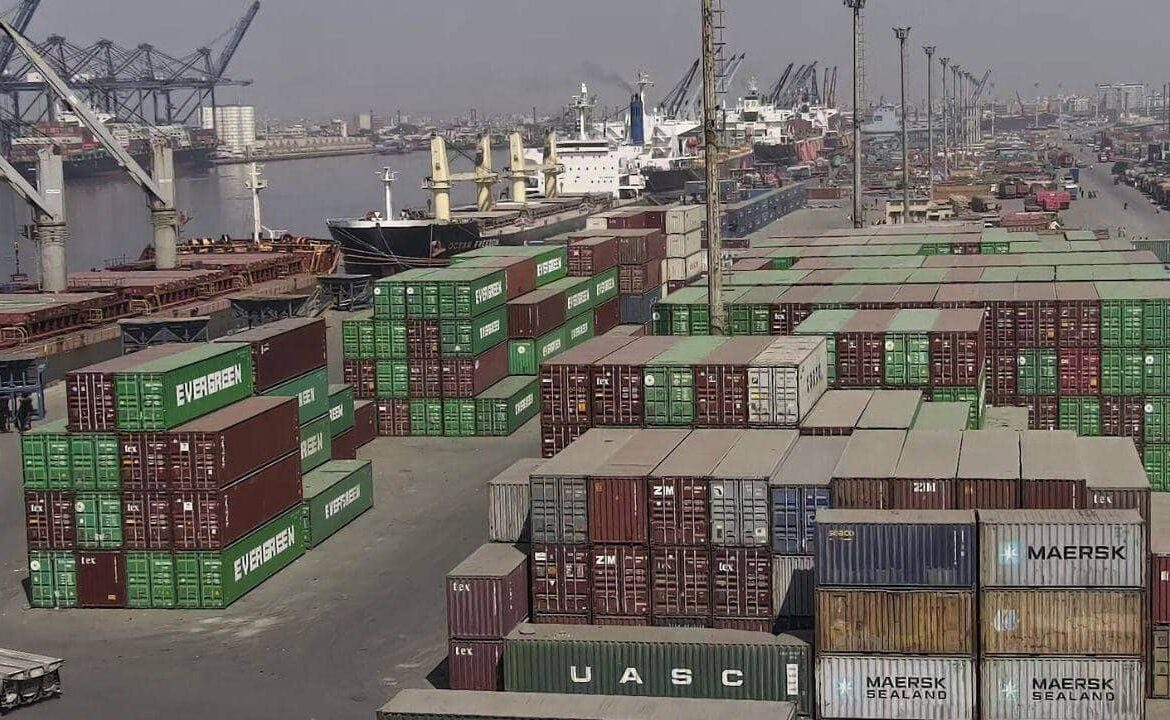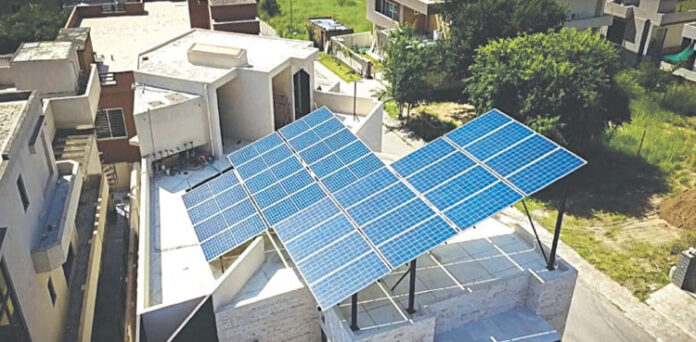The federal government is embarking on the construction of a 105-kilometre railway track from Thar to Port Qasim, aimed at transporting coal from local fields to power plants. In collaboration with the Sindh government, this project is poised to revolutionize coal transportation in Pakistan’s energy landscape. While the initiative promises to enhance the nation’s energy mix with cost-effective coal-based power, concerns have been raised regarding its environmental and social implications.
An expert in the field highlighted potential issues such as depleted water and air quality, loss of livelihoods, and disruption of ecosystems along the railway track’s route. The project’s passage through agricultural land, reserved forests, and human settlements raises apprehensions about its impact on local communities and ecosystems.
Criticism has also been directed towards claims suggesting reduced electricity prices, with past environmental challenges at Port Qasim Authority serving as a cautionary tale. The expert emphasized the necessity for rigorous environmental assessments and mitigation strategies to address these concerns and safeguard the interests of local communities and industrial units.
Amidst these apprehensions, achieving a delicate balance between economic development and environmental conservation is imperative for the project’s success. Transparency, accountability, and stakeholder engagement are pivotal in fostering public trust and support. By prioritizing environmental and social considerations, Pakistan can ensure the long-term sustainability and prosperity of infrastructure projects like the Thar-Port Qasim railway track.
Also, see:
Pakistani women cricketers avoid car accident






